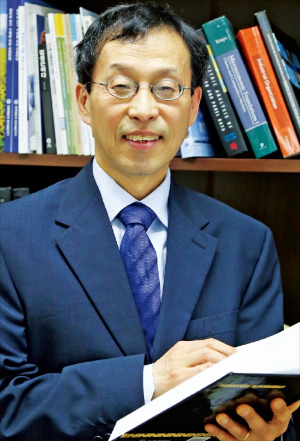Bio
Jay Pil Choi is University Distinguished Professor at Michigan State University. His research focuses on economic issues related to network effects, tying arrangements, and intellectual property rights. He was Co-Editor of International Journal of Industrial Organization and currently serves on the Editorial Board of Information Economics and Policy. He was also Editor of Recent Developments in Antitrust: Theory and Evidence that was published by the MIT Press. His academic accomplishments were acknowledged by the Tae-Sung Kim Memorial Prize, the Maekyung-KAEA Economist Award, the Cho Rakkyo Prize, and the Dasan Economist Award. He also served as the President of the Korea-America Economic Association.

